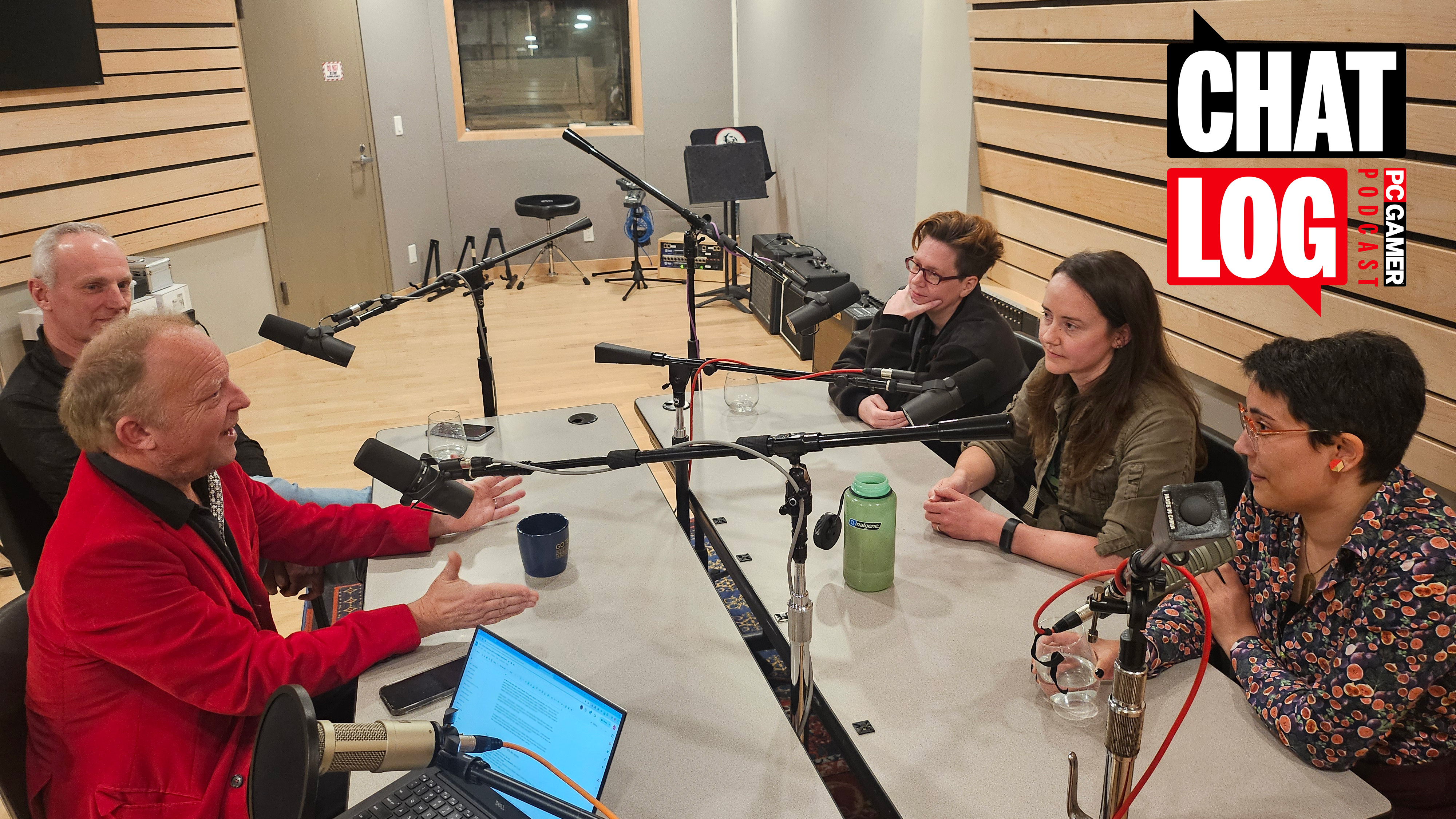
RSS Feed | Apple Podcasts | Spotify
For this week's special roundtable episode of the PC Gamer Chat Log, recorded at the 2024 Game Developers Conference, we gathered a party of adventurers and ventured forth into our second annual deep dive into making RPGs. Here's who you'll hear talking about wizards, lovable and hateable companions, and, yeah, a little game called Baldur's Gate 3:
- Swen Vincke, founder and director at Larian (Baldur's Gate 3)
- Carrie Patel, game director and senior narrative designer at Obsidian (Avowed)
- Sarah Gruemmer, acting lead quest designer at CD Projekt Red (Cyberpunk 2077: Phantom Liberty)
- Adrienne Bazir, founder and sole developer at insertdisc5 (In Stars and Time)
- Ted Peterson, co-founder Once Lost Games and former writer and designer at Bethesda (The Elder Scrolls 1-4)
Across an hour and 20 minutes, our RPG discussion includes a dissection of Baldur's Gate 3's approach to romance, as well as the immense challenges of designing intro quests for lengthy RPGs and finding the balance between linear and nonlinear.
On the romance front, Larian's Swen Vincke talked through their approach to making a mature-rated game and taking that responsibility seriously: "We try to be as true to life as we could," he said. "Internally in the studio there were some people who felt uncomfortable, and we said, it's a mature game, right? We're going to treat it like what you would see on TV. A series I refer to often was American Gods, which I thought was really well done [in how] it treated mature themes and fantasy settings. You can do really crazy stuff and still relate to it. It was always tastefully done. I mean, the famous bear scene—it was really a squirrel that was not looking. The rest was the theater of your mind. You filled that in, we didn't do that!"
Later, Ted Peterson, who served as a primary writer and designer on the original two Elder Scrolls games, talked about how the first game, Arena, was a linear story inside a large open game world—and how trying to make the sequel more ambitious posed some problems.
"[The Elder Scrolls: Arena] was not even meant to be a roleplaying game," he said. "Because it was turned into a roleplaying game it became super linear. The original idea was that you'd go around to a bunch of fighting arenas, build your characters up, and eventually go to the Imperial arena and fight the evil wizard at the end. But as the arena combat didn't work out, we changed it into a roleplaying game where you had to fight through these arenas in a distinct order… so linear was our easy choice."
Peterson remembered that when Arena came out, the reaction was positive—except for players who said "the story kind of sucked."
"I overcompensated by making to Arena super nonlinear, and nobody understands the story to this day."
Thanks to the revival of The Elder Scrolls 2 in fan remaster Daggerfall Unity, Peterson said he's actually been working on a series of books to "explain the background of this story that I wrote 25 years ago and try to patch it all together."
If you haven't heard of indie RPG In Stars and Time, you're in for a treat: solo writer/developer Adrienne Bazir dives into the unique way the game deploys a time loop mechanic to consider the meta storytelling layers that come from a player and character reliving the final moments of a quest over and over again. And make sure you stick through to the end—I promise you won't want to miss Carrie Patel's story about a moment from The Outer Worlds that didn't make it into the final game for reasons that become more and more clear as the tale unfolds.
And if you're hungry for more after this conversation is over, you're in luck: our 2023 RPG roundtable is also a great listen with a whole different crew of experienced designers.
You can find the PC Gamer Chat Log podcast on a whole bunch of podcast platforms:
And more!
You can also check out PC Gamer Chat Log on YouTube:
Don't forget to check us out over on the PC Gamer forums, too! We'll be checking in every week to see what you lovely lot have to say about each week's episode, and joining in the discussion ourselves.







